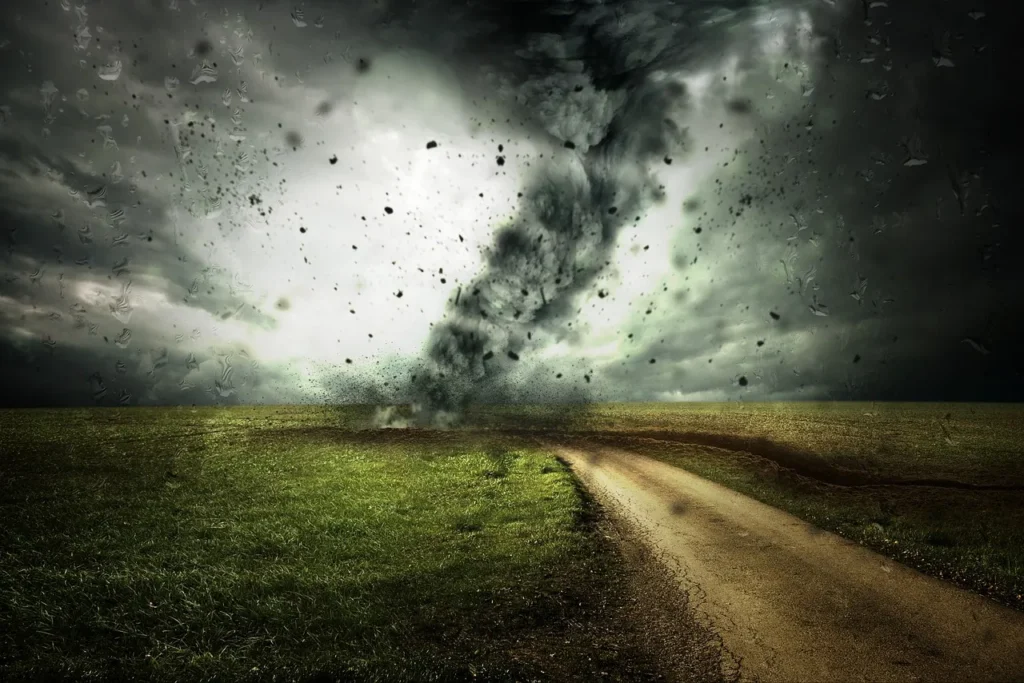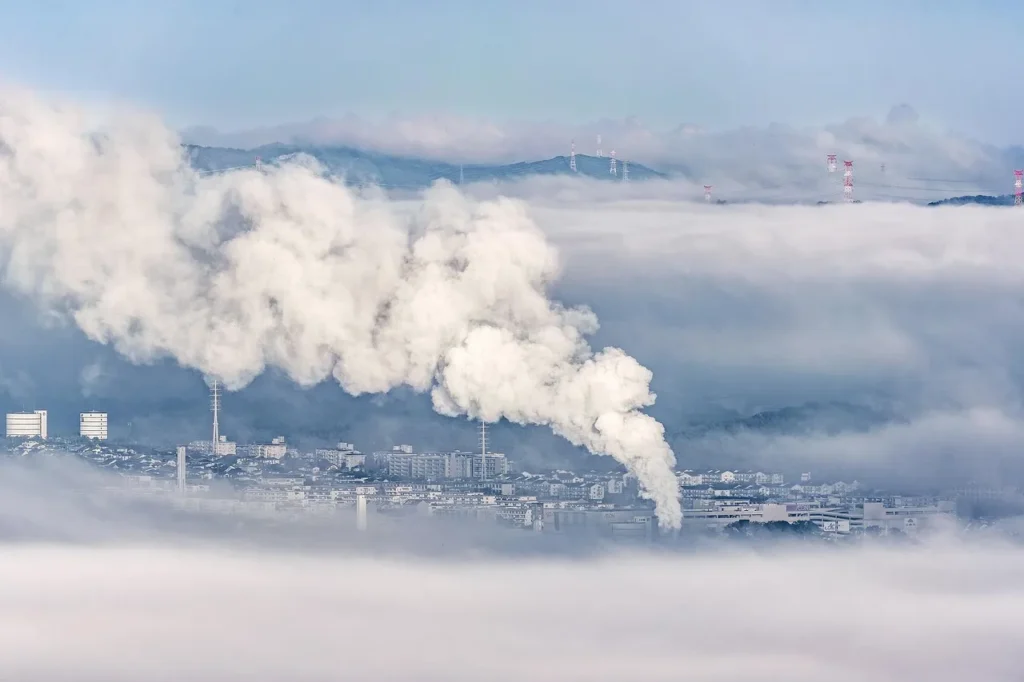What is Climate Change and Why it Matters
Introduction
Climate change is one of the most urgent challenges facing humanity today. From extreme weather events to rising sea levels, the impacts of a changing climate are becoming increasingly visible across the globe. Understanding what climate change is, why it happens, and why it matters is crucial for individuals, communities, and policymakers alike. In this article, we will explore the science behind climate change, its causes, effects, and the actions we can take to address it.
What is Climate Change?
Climate change refers to long-term shifts in temperatures, weather patterns, and other climatic conditions on Earth. While the climate naturally fluctuates over decades and centuries, modern climate change is largely driven by human activities. This is different from temporary weather changes or natural cycles; climate change occurs over decades and has far-reaching consequences for life on our planet.
Key points:
- Climate change is global: it affects every region differently.
- It includes rising global temperatures, changes in precipitation, extreme weather events, and shifts in ecosystems.
- Scientists distinguish between natural climate variability and anthropogenic (human-caused) climate change.

Causes of Climate Change
1. Greenhouse Gas Emissions
The most significant driver of modern climate change is the increase in greenhouse gases (GHGs) in the atmosphere, particularly:
- Carbon dioxide (CO₂) – from burning fossil fuels like coal, oil, and gas
- Methane (CH₄) – from livestock, agriculture, and landfills
- Nitrous oxide (N₂O) – from fertilizers and industrial activities
These gases trap heat in the atmosphere, a process known as the greenhouse effect, leading to global warming.
2. Deforestation
Trees absorb CO₂ and help regulate the climate. Large-scale deforestation reduces this natural carbon sink, increasing the concentration of greenhouse gases in the atmosphere.
3. Industrialization and Urbanization
Rapid industrial growth and urban expansion have led to higher energy consumption, air pollution, and increased emissions of greenhouse gases.
4. Agriculture
Modern agricultural practices, including livestock farming, fertilizer use, and rice paddies, contribute significantly to methane and nitrous oxide emissions.
Why Climate Change Matters

1. Environmental Impacts
Climate change affects ecosystems and biodiversity:
- Rising sea levels threaten coastal communities and habitats.
- Melting glaciers disrupt freshwater supplies.
- Ocean acidification harms marine life.
- Increased frequency of wildfires, hurricanes, and floods damages landscapes and wildlife.
2. Human Health
- Heatwaves can cause dehydration, heatstroke, and exacerbate heart conditions.
- Changing disease patterns may increase the spread of malaria, dengue, and other illnesses.
- Poor air quality worsens respiratory problems.
3. Economic Consequences
- Agriculture suffers from droughts, floods, and unpredictable weather.
- Infrastructure is damaged by storms, floods, and rising sea levels.
- Insurance, healthcare, and emergency services face higher costs.
4. Social and Political Implications
- Climate refugees may rise as people are forced to leave areas affected by floods or droughts.
- Resource scarcity can lead to conflicts over water, food, and land.
- Governments face pressure to enact climate policies and reduce emissions.
How We Can Respond to Climate Change
1. Reduce Greenhouse Gas Emissions
- Switch to renewable energy sources like solar, wind, and hydroelectric power.
- Improve energy efficiency in homes, businesses, and transportation.
- Support clean technologies and sustainable industry practices.
2. Protect and Restore Ecosystems
- Reforestation and afforestation programs.
- Protect wetlands, mangroves, and other natural buffers against climate events.
3. Individual Actions
- Reduce personal energy consumption and carbon footprint.
- Adopt sustainable diets and reduce food waste.
- Use public transportation or electric vehicles when possible.
4. Policy and Global Cooperation
- Support climate agreements such as the Paris Agreement.
- Advocate for governmental policies that enforce emission reductions and sustainable practices.
- Invest in climate research and education.
Conclusion
Climate change is not just an environmental issue; it is a global challenge affecting ecosystems, human health, economies, and societies. Understanding its causes and impacts is the first step toward meaningful action. Every individual, business, and government has a role to play in reducing emissions, adapting to changes, and protecting the planet for future generations.
By acting now, we can mitigate the worst effects of climate change and create a sustainable, resilient future for our planet.
Frequently Asked Questions (FAQ)
1. What is climate change?
Answer: Climate change refers to long-term changes in the Earth’s climate, including rising temperatures, shifting weather patterns, and more frequent extreme weather events. Unlike short-term weather fluctuations, climate change occurs over decades and is largely influenced by human activities such as burning fossil fuels and deforestation.
2. What causes climate change?
Answer: The primary causes of modern climate change are:
- Greenhouse gas emissions (carbon dioxide, methane, nitrous oxide) from fossil fuels, agriculture, and industry.
- Deforestation, which reduces the planet’s natural ability to absorb CO₂.
- Industrialization and urbanization, leading to higher energy consumption.
- Agricultural practices that release methane and nitrous oxide.
3. How does climate change affect the environment?
Answer: Climate change impacts the environment in several ways, including:
- Rising sea levels that threaten coastal areas.
- Melting glaciers and ice caps.
- Ocean acidification harming marine ecosystems.
- Increased frequency of natural disasters such as hurricanes, floods, and wildfires.
4. Why is climate change important for humans?
Answer: Climate change affects humans by:
- Increasing health risks (heatstroke, respiratory issues, spreading diseases).
- Threatening food security due to crop damage.
- Damaging infrastructure through extreme weather.
- Forcing migration and creating potential social and political conflicts.
5. Can individuals help fight climate change?
Answer: Yes! Individuals can contribute by:
- Reducing personal energy use and carbon footprint.
- Using renewable energy sources when possible.
- Adopting sustainable diets and reducing waste.
- Supporting policies and companies committed to sustainability.
6. What are some global actions to combat climate change?
Answer: Governments and organizations worldwide are taking steps such as:
- Implementing climate agreements like the Paris Agreement.
- Investing in renewable energy and sustainable infrastructure.
- Enforcing emission reduction policies.
- Promoting climate education and research.
7. How can I learn more about climate change?
Answer: You can stay informed by following reputable sources like:
- Intergovernmental Panel on Climate Change (IPCC) reports.
- National Geographic and scientific journals.
- Government environmental agencies and climate-focused NGOs.